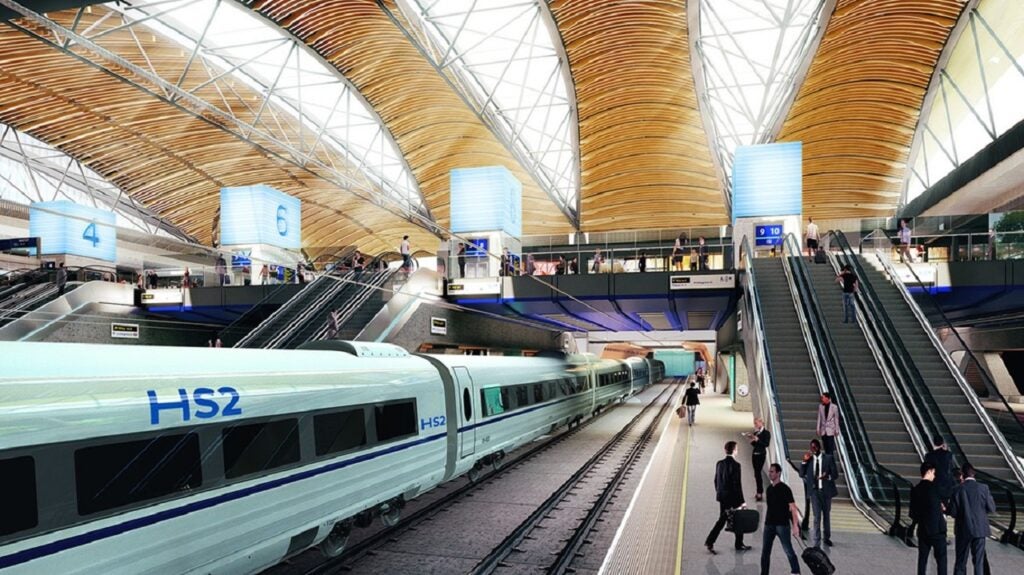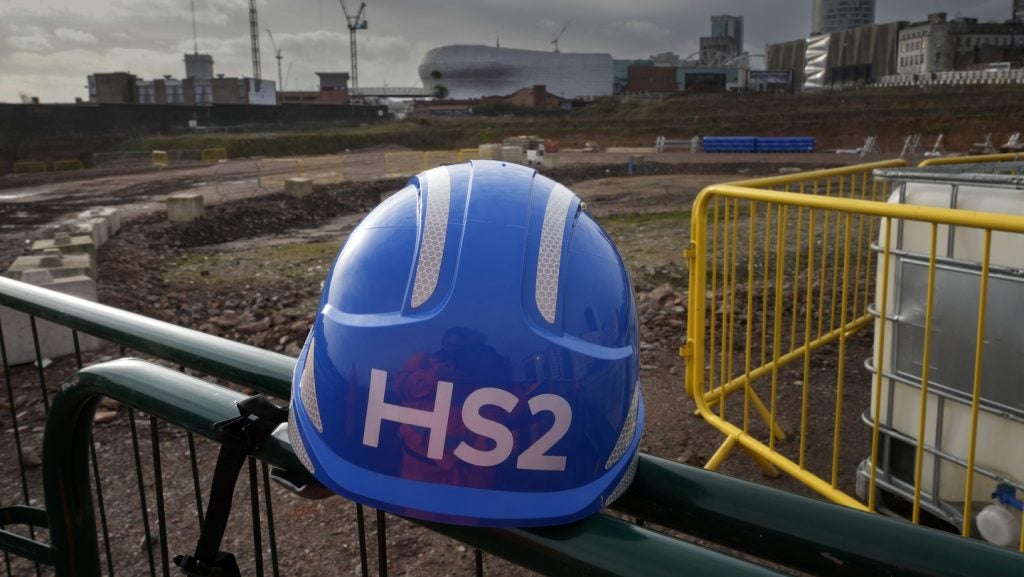The UK’s "High Speed 2" (HS2) project has been described as “very poor value for money” by the Parliament’s spending committee following the cancellation of the second leg of the line between Birmingham and Manchester. Instead, the line will only run from London to Birmingham.
The cross-party committee published a report stating that the Department for Transport (DfT) did not yet understand “how HS2 will operate as a functioning railway” after Prime Minister Rishi Sunak’s cancellation of phase two.
Dame Meg Hillier MP, chair of the committee, said: “HS2 is the biggest ticket item by value on the Government’s books for infrastructure projects. As such, it was crying out for a steady hand at the tiller from the start.
“But, here we are after over a decade of our warnings on HS2’s management and spiralling costs – locked into the costly completion of a curtailed rump of a project with many unanswered questions and risks still attached to delivery of even this curtailed project.”
The report stated that costs around the project have continued to escalate, with the estimated price tag reaching £57bn for phase one, against a budget of £44.6bn.
In addition to the criticism around the handling of the project and the aftermath of cancelling phase 2, the report also warns that the committee is “sceptical” of how the DfT will be able to attract the private investment necessary to make HS2’s London terminal at Euston a success.
A curtailed rump of a project with many unanswered questions and risks
The committee said the DfT needed to do more to clarify exactly how the £36bn it has claimed will be redirected after the cancellation of phase two will be used, and how it will manage the long-term portfolio of projects under the “Network North” banner. This has been touted by PM Sunak as the replacement for the line to Manchester, and will include road development and pothole filling along with rail solutions.
Hillier’s criticism of the line extended to reports that high-speed trains on the line could move onto existing tracks between Birmingham and Manchester, she asked: “Can we seriously be actively working towards a situation where our high-speed trains are forced to run slower than existing ones when they hit older track?”

In response to the publication of the report, the DfT said: “We disagree with the committee’s assessment. Their estimated cost figure for phase one also does not reflect our decision to secure private funding for Euston, or the direction not to proceed beyond the Midlands.
“Our plans for Euston have already received extensive support from the private sector to invest and will offer a world-class regeneration opportunity.”
Meanwhile, the Railway Industry Association commented: "It remains RIA’s view that the full benefits of HS2 can only be realised by building the full HS2."









